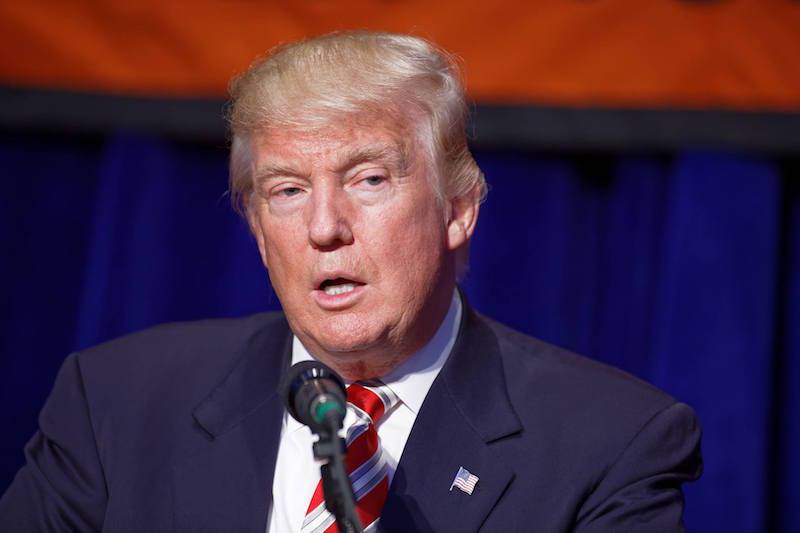Parliamentary elections for the lower house of the Russian assembly, called the Duma, will be held on September 18, 2016, and all seats are up for grabs. President Vladimir Putin’s United Russia party is expected to maintain its majority and this election will set the tone for a presidential election in 2018. In 2018, Putin is expected to stand and win another six-year term in office. Unlike previous years, the country’s faltering economy has taken its toll on lower-income voters who blame the Duma and the cabinet for their plight.
Since March 2000, not a single nationwide vote in Russia has been assessed by international observers as “free and fair”. Specifically the last Duma elections in 2011, when a majority voted against United Russia, were marred by allegations of vote rigging and led to the biggest antigovernment protests since Putin’s ascent. More than 100,000 people took to the streets of central Moscow clamouring for “Russia without Putin”. Since then, the Kremlin has been doing everything in its power to prevent a repeat. This has included legitimate measures, such as replacing the old election chief, Vladimir Churov, a popular target of liberal protests, with Ella Pamfilova, a former pro-democracy politician. Though more often than not Putin and his government have put in place new laws and policies designed to stamp out and silence any opposition.
Currently, the Russian Duma is made up of just four parties: the pro-Kremlin behemoth United Russia, and three smaller parties known as the “systemic opposition”. The Kremlin’s first 2016 election goal is to maintain the Duma status quo of a dominant Putin party of United Russia (currently 53 percent). It is determined not to allow any opposition parties to gain the 5% of the vote that would see them into the Duma and risk argument and controversy. The ruling United Russia party has seen a slide in the polls in the run-up to the elections a survey by the independent Levada Center revealed this past May. Thirty-five percent of respondents said that they would vote for United Russia if elections were held this week, down from 42 percent in April. The Kremlin foresaw a fall in the party’s popularity and after United Russia’s bad performance in the 2011 election, responded by reverting to an electoral system it has not used since 2003. United Russia has come up with a new slogan: Vazhno Vybrat’ Pravil’no. The message (“It is vital to choose correctly”) and its acronym, VVP, all point to Vladimir Vladimirovich Putin, though the party is not using his image in its campaign, for fear of dragging down its popularity.
Speaker of the Russian State Duma, Sergei Naryshkin, has confirmed that the Parliamentary Assembly of the Council of Europe (PACE) will not be allowed to observe Russia’s upcoming Duma Elections. This came as retaliation for PACE’s suspension of the voting rights of the Russian delegation in April 2014, following the annexation of Crimea. Furthermore, under new election rules, election observers can work at only one polling station each and must register at least three days before the vote. According to one such observer, this means “authorities receive advance warning of the areas under scrutiny.”
The International Monetary Fund forecasts Russia’s economy will shrink by 1.8 percent in 2016, having contracted by 3.7 percent in 2015. Two of the reasons for the recession are well-known, the collapse in crude oil prices and the international sanctions levied in response to Russia’s incursion in Crimea. Since 2014, the ruble has lost half of its value, inflation has hit double digits, and spending on health and education has been cut. People’s discontent is growing, quoting Levada Center polls, 50 percent of Russians think the president is responsible for corruption and economic mismanagement of the country and the majority of Russians think their country is heading in the wrong direction. While Putin himself still enjoys an extremely high approval rating, a tremendous 80 percent, that number has fallen slightly of late.
In the past, the Kremlin has responded to the people’s dissatisfaction with diversionary tactics. They threw $48 billion at the 2014 Sochi Winter Olympics (according to the Anti-Corruption Foundation, an NGO), making it the most expensive Olympics ever staged. In 2014, as oil prices crumbled, Putin annexed Crimea and backed rebels in eastern Ukraine, fostering a surge of national pride. The subsequent Western sanctions allowed him to shift blame for economic hardship. Now with the waning of the “Crimean effect,” the euphoria that stemmed from Russia taking the peninsula from Ukraine, “there is nothing to replace it,” says Alexander Kynev, a professor of political studies at Moscow’s Higher School of Economics. While inflation has receded this year and oil prices rebounded somewhat, enough damage has been done that Russians are looking to blame someone closer to home. Putin’s lieutenants in the Duma are facing the brunt of that dissatisfaction.
In April, on the eve of the election campaign, Putin created a new National Guard, a super-agency directly run by the Kremlin that has been specifically authorized by the Duma to fire on civilians in cases of civil unrest. The new draconian anti-protest law, signed by Putin, raises the cost of dissent even above the current threat of jail sentences, house arrest, and other forms of harassment.
Opposition leaders have been systematically trashed by the state media while NGOs, including election-monitoring groups, have been declared “foreign agents” and forced to close. Social media proved crucial to the 2011–2012 protests, which prompted the government to launch new initiatives to take control over this part of the Internet. The election was originally slated to be held in December and some analysts say the Kremlin changed the date on the assumption that opposition parties would find it harder to galvanize support in the summer vacation months.
Many wonder why Putin is so insecure that he needs to continue clamping down on the opposition. His popularity remains sky-high, even as Russians’ standard of living has plummeted, and he has somehow managed to decouple himself from the unfolding economic disaster. Yet loyalty to Putin is being tested with the economic crisis undercutting his main selling points of security and growth. The protests over the 2011 elections took place with oil priced over $100 per barrel, a (albeit slowly) growing economy, and a balanced budget. The outcome of the election seems predetermined, though with Russia’s precarious economic situation, Putin and the Kremlin clearly have something to fear.
Photo: Vladimir Putin (2015), courtesy of kremlin.ru.
Disclaimer: Any views or opinions expressed in articles are solely those of the authors and do not necessarily represent the views of the NATO Association of Canada.




